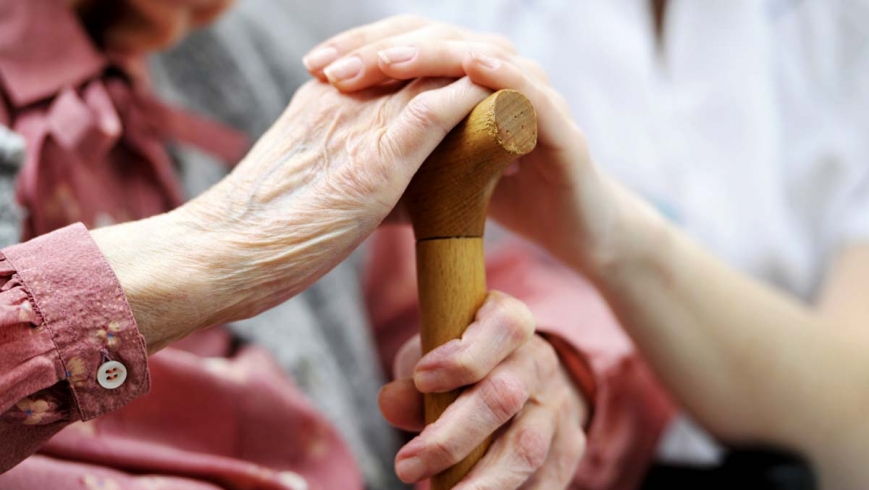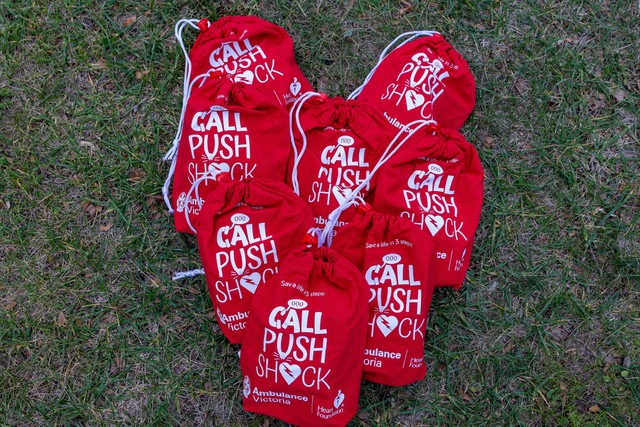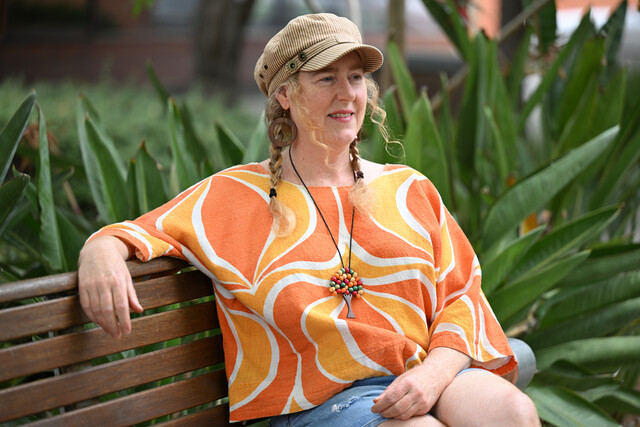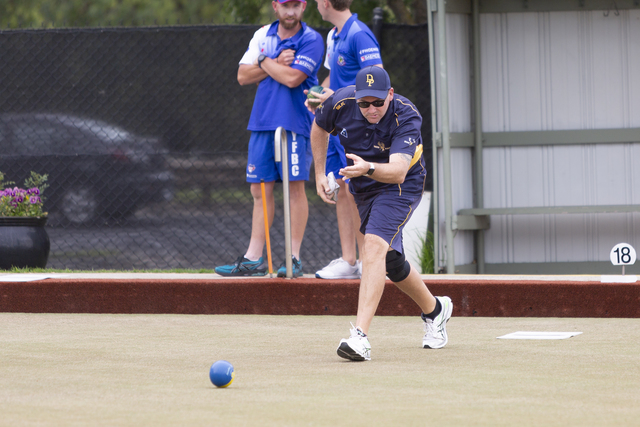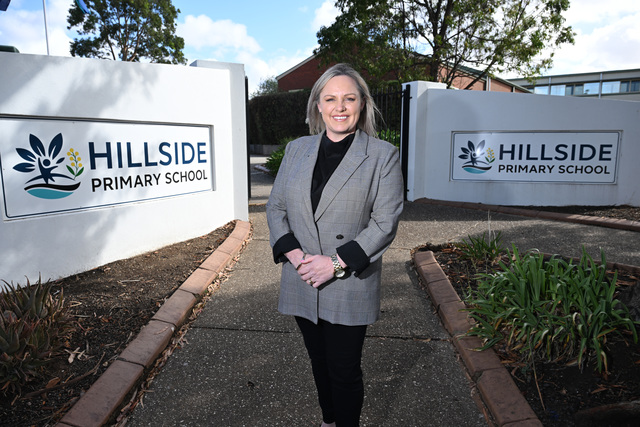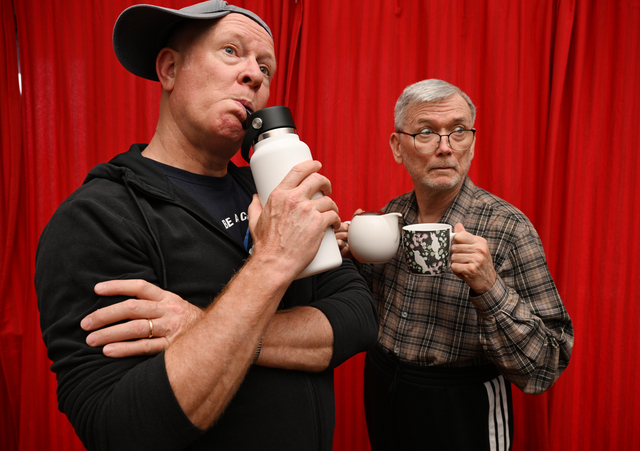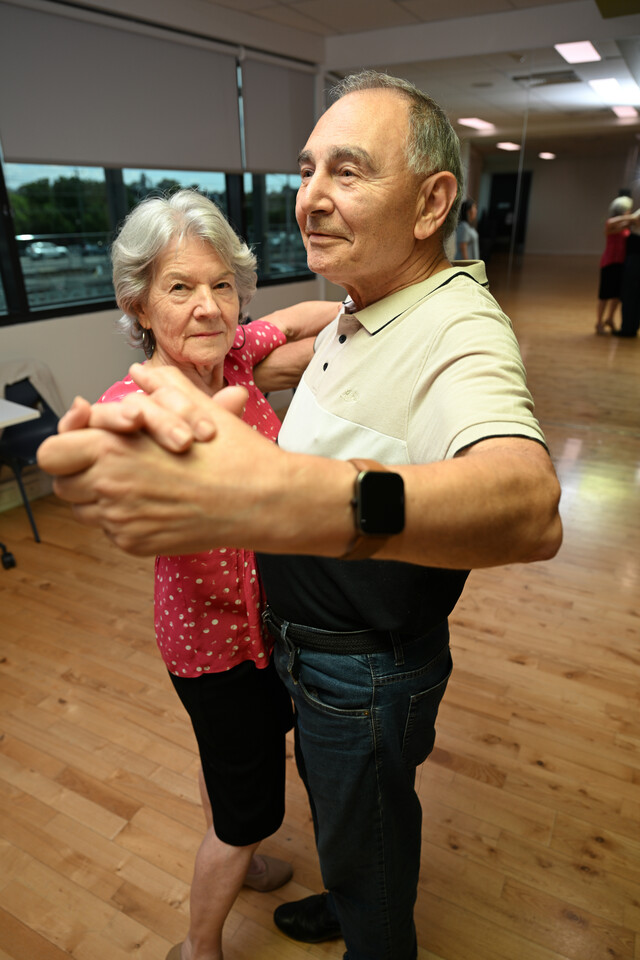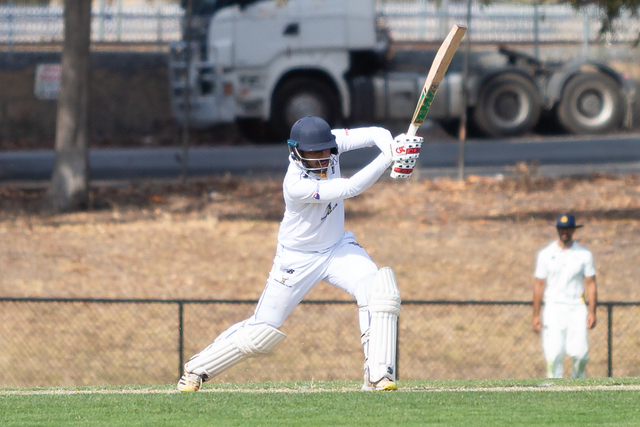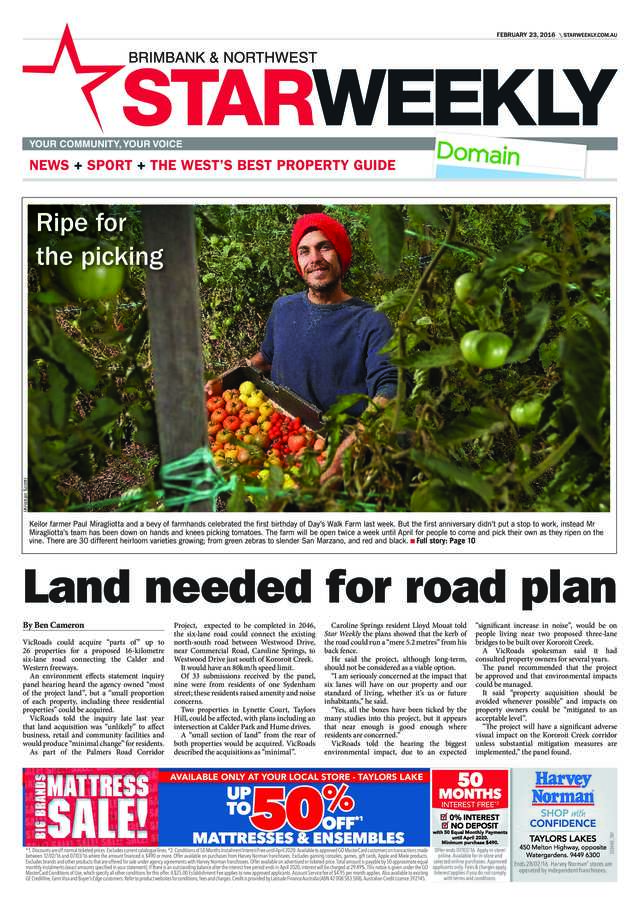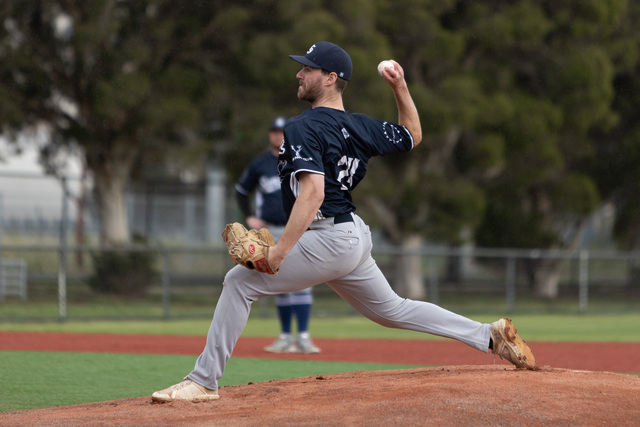A leading aged-care provider in the west has slammed the federal government for slashing dementia-care funding in favour of a “token” advisory service.
Doutta Galla Aged Services – which cares for more than 500 people across Brimbank, Maribyrnong, Moonee Valley, Melbourne and Greater Shepparton – lost $800,000 in dementia-care funding this financial year after the government scrapped a $100 million annual package to aged-care providers looking after dementia sufferers.
In its place, the government announced $54.5 million over four years to establish Severe Behaviour Response Teams (SBRTs), which will be a mobile workforce of clinical experts providing support to aged-care facilities caring for people with dementia.
Doutta Galla cares for 55 residents with severe behavioural and psychological symptoms of dementia across aged-care homes in St Albans, Sunshine, Footscray and Yarraville.
Doutta Galla chairman Bruce Mildenhall branded the move a token effort and called on the government to reinstate the former funding model.
“An advisory service, costing $54 million over four years, as a replacement for more than $100 million per annum of funded services, goes nowhere near meeting the dementia crisis in residential aged care,” Mr Mildenhall said.
“We and other providers need to provide specialist programs and other services that are shown to be highly effective.”
Opposition leader Bill Shorten shared Doutta Galla’s concerns.
“SBRTs might well be a good first step, but this funding is capped, which means many older people suffering from severe behavioural and psychological symptoms of dementia are going to miss out on care they need,” he said.
Senator Mitch Fifield, who announced the new model, said the money promised was in line with the former Labor government’s severe behaviour supplement.
He said Labor had blown its budget for the severe behaviour supplement 11-fold while in government, and that was unsustainable.
“Outside of the SBRTs, the government provides more than $130 million for programs to support and assist people with dementia and their carers, as well as a $200 million boost to dementia research.”

